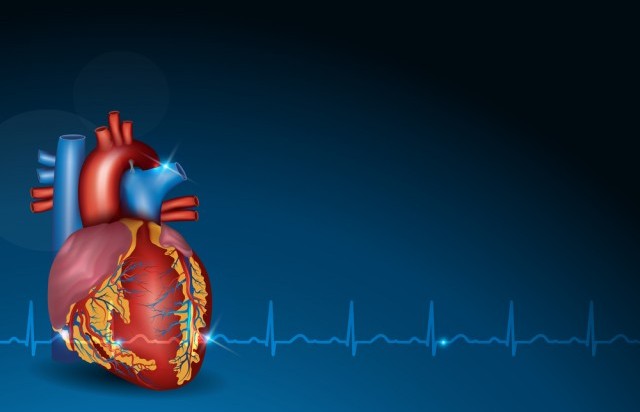ARRHYTHMIAS AND ITS TREATMENT
Arrhythmia is manifested by disturbances in the rhythm or heart rate. At
first glance, this is only a minor failure, but it can lead to negative
consequences for the whole body. Therefore, at the first signs, it is necessary
to turn to the medical centre specialists "Irvine". The
What is arrhythmia?
Arrhythmia is a disorder of the heart associated with irregular
contractions. Accelerated (tachycardia) or slow (bradycardia) is equally
harmful to body health.
Sometimes a person with an arrhythmia may not even know it. However, the
disease usually has symptoms such as chest pain and dizziness. During an
arrhythmia, the heart cannot pump enough blood to the body, affecting the
brain, heart and other organs.
Types of disease
Depending on the manifestations and causes, arrhythmia has several
varieties. The most common among them are:
• Respiratory arrhythmia;
• Extrasystolic arrhythmia;
• Atrial fibrillation;
• Sinus tachycardia;
• Sinus bradycardia;
• Sinus arrhythmia.
Extrasystolic arrhythmia
The most common is extrasystological arrhythmia. This is a disease that
very often does not manifest itself externally. And among the signs, if they
are present - slight chest pain or a feeling of a missed heartbeat. In healthy
people, extrasystole does not require treatment. Often the causes of such
arrhythmias can be exercise, smoking, stress or excessive caffeine consumption.
Respiratory arrhythmia
Respiratory arrhythmia is close to extrasystolic. Increased heart rate
during inhalation and slowing down on exhalation - these are the signs of such
an arrhythmia. It is most common in middle-aged people and those with increased
excitability of the autonomic nervous system. Respiratory arrhythmia does not
pose a significant danger to the body if a person is examined by a specialist
from time to time.
Atrial fibrillation
Atrial fibrillation is one of the most dangerous to health. It is a
disease with a rapid and irregular contraction of the atria. Over time, the
contractile function of the heart deteriorates, so such an arrhythmia should be
diagnosed and treated as soon as possible. Atrial fibrillation is one of the
most common cardiac arrhythmias and is the second most common after
extrasystole. It most often occurs in such heart diseases that cause narrowing
of the heart openings and valve dysfunction, hormonal disorders of the thyroid
gland, etc. Atrial fibrillation can manifest itself in isolated attacks or be
observed constantly, sometimes even for many years. Patients get used to the
rapid heartbeat and do not respond to it. However, the treatment of such
arrhythmia should not be delayed because the absence of signs does not indicate
the absence of the disease itself.
Sinus tachycardia
Sinus tachycardia - this type of arrhythmia occurs after exercise, emotional
stress, fever with colds. A person's heart muscle can contract more than 90
beats per minute with such an arrhythmia.
Sinus bradycardia
Sinus bradycardia is an arrhythmia opposite to sinus tachycardia—the
heart muscle contracts to 55 beats per minute. Mainly bradycardia is manifested
in diseases of the thyroid gland. General weakness and dizziness are the main
signs of sinus bradycardia.
Sinus arrhythmia
Another type of disease is sinus arrhythmia. It is most common in
children and adolescents. It does not require treatment but is diagnosed with
respiratory arrest, during which it disappears.
There are other types of arrhythmias, but they are less common.
Treatment of the disease
The problem of arrhythmia is quite common among the population. And its consequences do not always go unnoticed. The best doctors in USA provide the best facilities in USA. So, to begin with, you should be examined by qualified specialists who will determine the type of arrhythmia and determine its causes.
Even with a minor arrhythmia, you should make appointment with a
specialist. During the examination, specialists of the Irvine Medical Center
will be able to assess the condition of the disease and its danger and predict
possible development. A person with this diagnosis should take care of
themselves, give up smoking, caffeine, limit excessive exercise.
If necessary, experts will recommend the required medication to help
regulate the heartbeat and restore its normal rhythm. Doctors prescribe
appropriate antiarrhythmic drugs or electropulse therapy. Each patient is
treated individually.
With professional treatment, which will be provided to you in the
medical centre "Irvine", a person with this disease can live normally
and not deny themselves the usual things.




Comments
Post a Comment